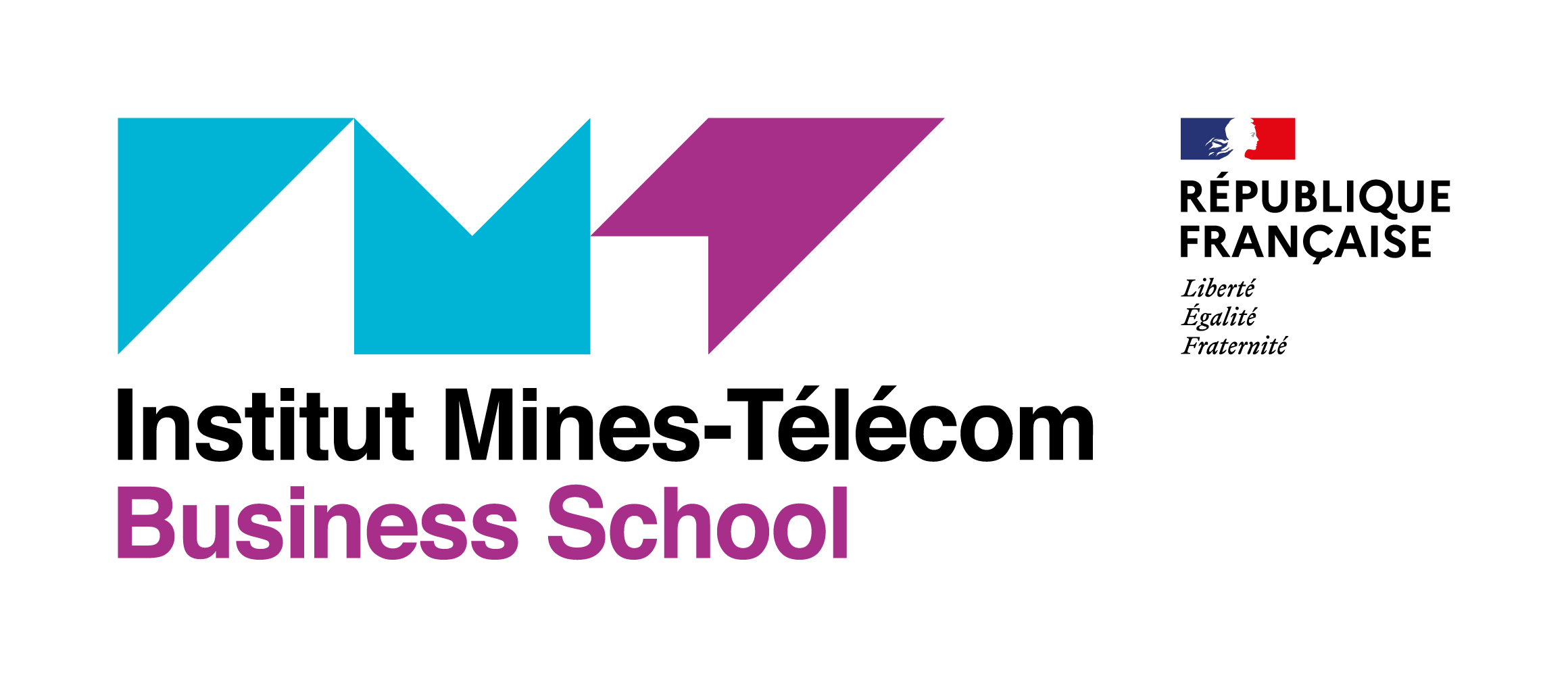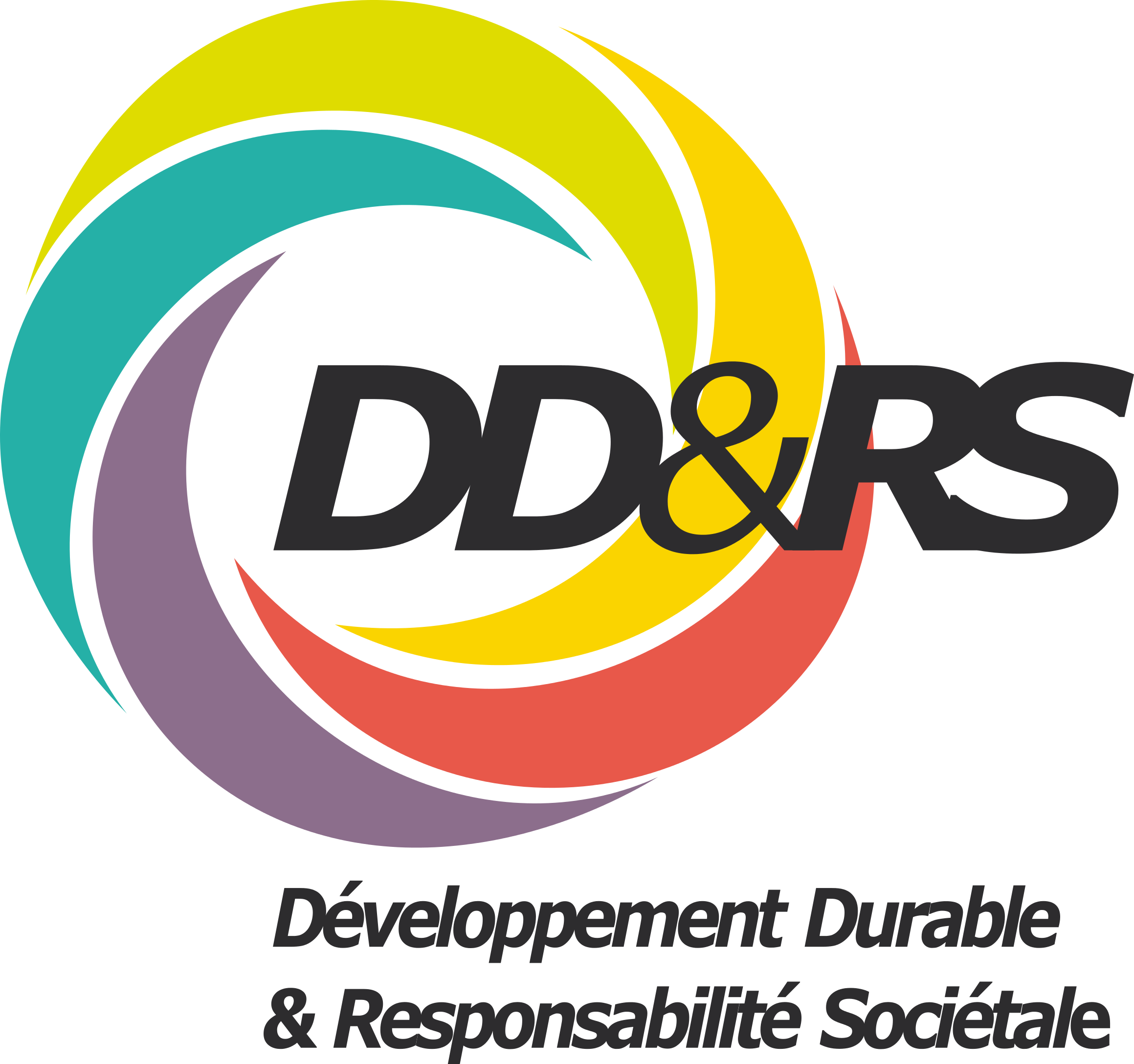Switching to online learning during COVID-19: theorizing the role of IT mindfulness and techno eustress for facilitating productivity and creativity in student learning
Résumé
Online learning environments facilitate improved student learning by offering IT tools to enhance student productivity and creativity-in-learning. COVID-19 impacted social-distancing measures forced an abrupt switch to online learning in most universities, putting immense pressure on the students to creatively adapt to new ways of online learning. Despite the purported positives of online learning, in the COVID-19 scenario, students reported mixed outcomes. While some students could adapt to the ‘new normal’, others struggled to adjust to the transformed IT-enabled learning scenario. Grounding our work in IT mindfulness literature, we posit that an IT-enabled learning environment may have a differential impact on students’ productivity- and creativity-in learning, depending on the extent of their IT mindfulness. Besides leveraging the mindfulness-to-meaning theory, we hypothesize the mediating role of techno eustress in the relationship between student IT mindfulness and learning effectiveness. We test the theorized model through data collected via a two-wave survey in a university student population exclusively using IT-enabled learning environments during the pandemic lockdown period. Results indicate that IT mindfulness has significant positive relationships with both productivity- and creativity in-learning. Moreover, these relationships are mediated by the students’ techno eustress perceptions. Theoretical and practical implications arising from our study are also discussed.
| Origine | Fichiers produits par l'(les) auteur(s) |
|---|




